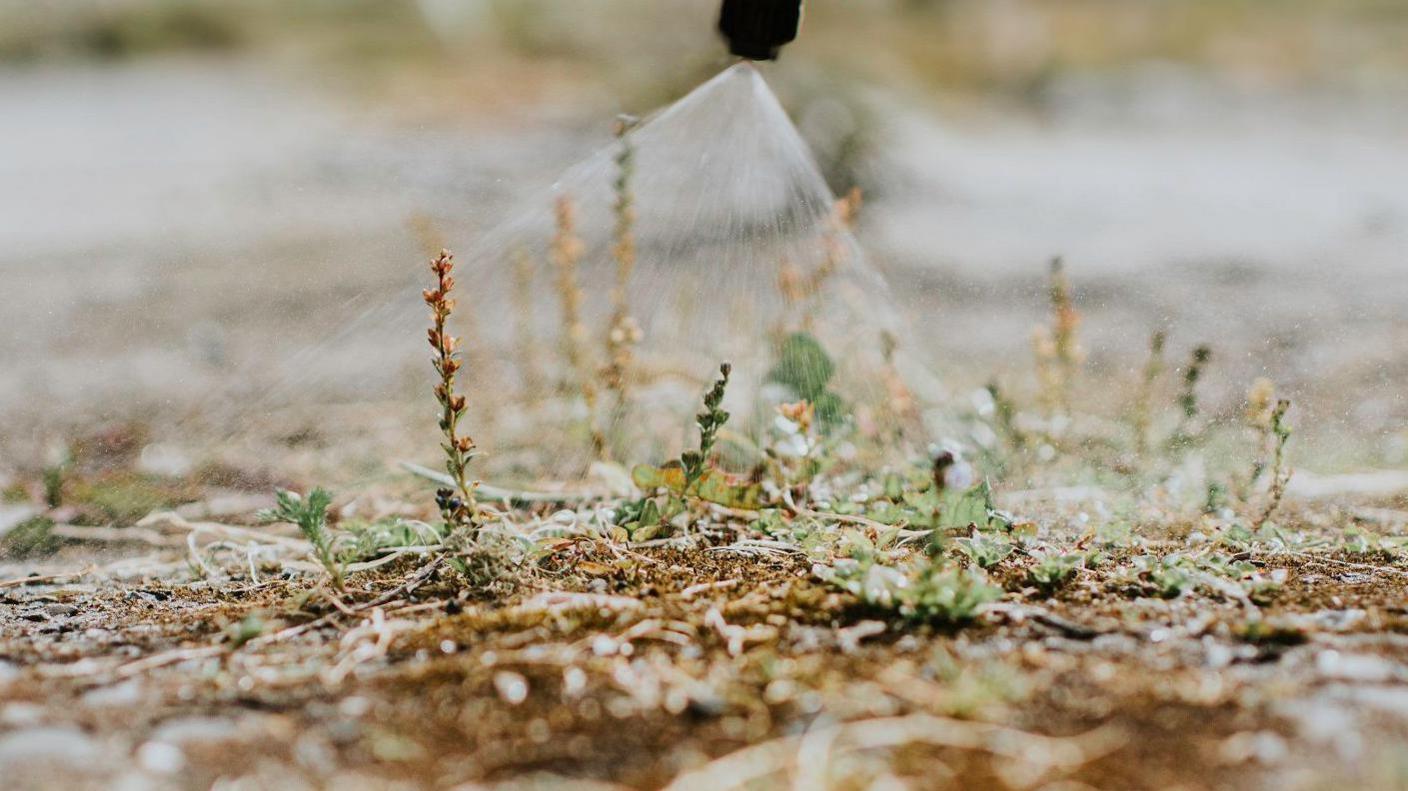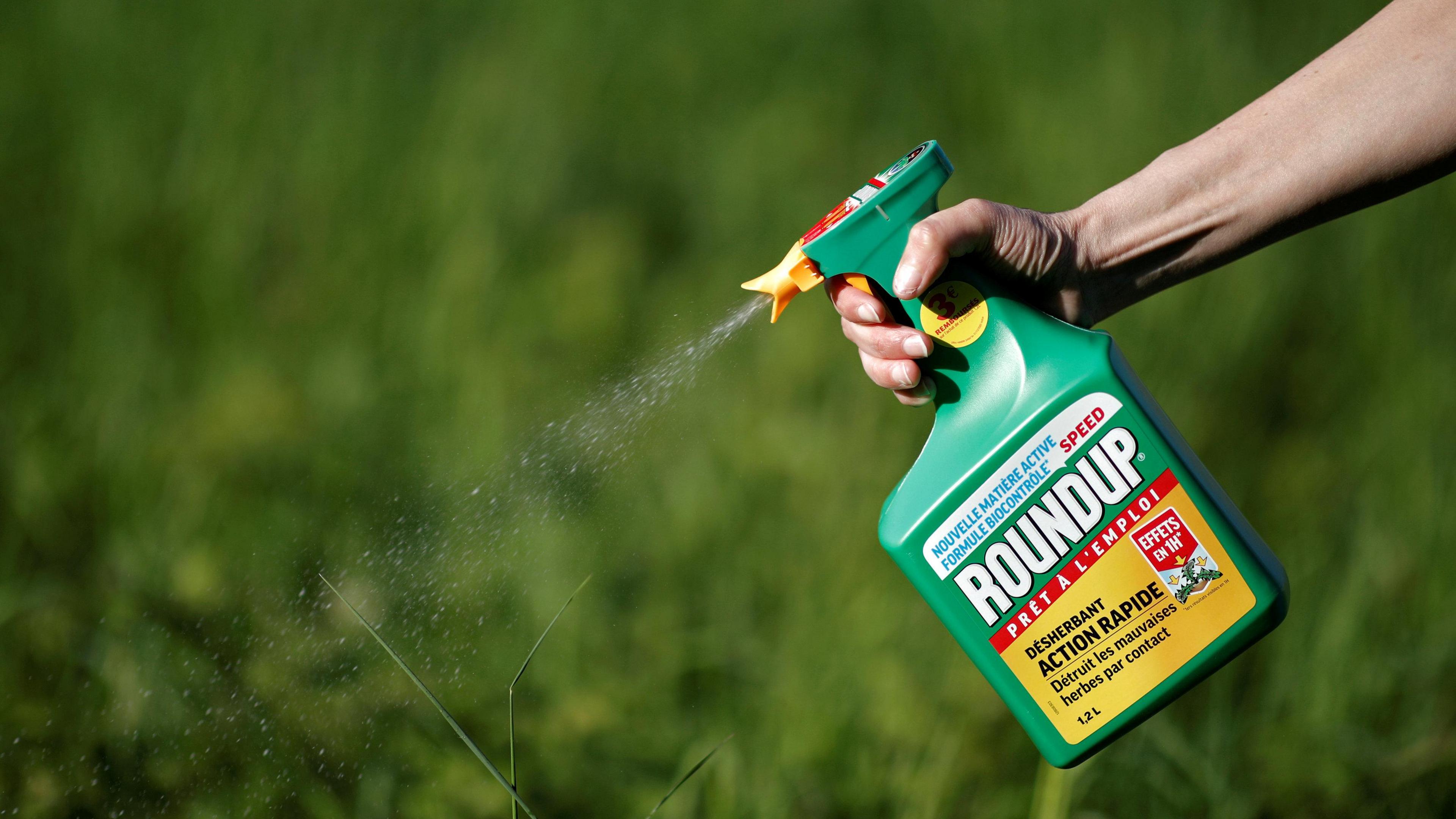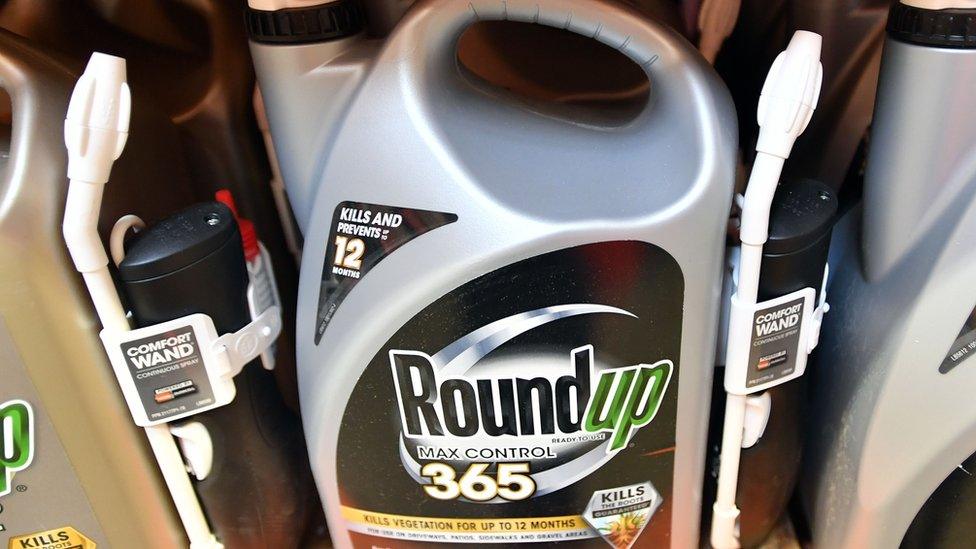Ban on controversial weedkiller ruled out

Pesticide approvals may be amended if new scientific evidence emerges
- Published
A chemical found in a weedkiller which a US court ruled has links to cancer will continue to be used across Jersey.
Environment Minister Steve Luce said the government "follows the lead" of the EU and UK, which both currently approve glyphosate and glyphosate-based products.
The announcement comes following calls to ban the chemical after a US jury found a glyphosate-based pesticide was a "substantial factor" in causing a man's cancer.
In a written response, external, Mr Luce said pesticide approvals "may be amended or revoked if new scientific evidence emerges that challenges previous safety conclusions".
The minister added the European Commission had renewed glyphosate's approval for another 10 years in November 2023.
He said the decision was based on detailed scientific reviews, including one by the European Food Safety Authority (EFSA), which found "no evidence that glyphosate poses harmful effects to human or animal health, nor any unacceptable risks to the environment".
Mr Luce also noted that although the UK now had its own pesticide approval system after Brexit, it agreed with the EU's decision and continues to allow glyphosate use.
The UK is currently reviewing glyphosate again, with its approval set to expire in December 2026.
Meanwhile, more than 150 products containing the weedkiller ingredient glyphosate have been banned in Guernsey amid pollution fears.
What is glyphosate?
Glyphosate is the active ingredient in many weedkillers.
Introduced by Monsanto in 1974, its patent expired in 2000 and now the chemical is sold by various manufacturers.
It is used in agriculture and forestry, for weeds in industrial areas, as well as on lawns and gardens.
Some countries and regions - such as Portugal, Italy and the Canadian city of Vancouver - have banned glyphosate use in public parks and gardens.
Its effect on plants is non-selective, meaning it will kill most of them when applied. Some crops, such as soybean, have been genetically modified to resist glyphosate.
Farmers spray it on fields before their crops emerge in spring, so the crops do not have to compete with weeds.
Follow BBC Jersey on X, external and Facebook, external. Send your story ideas to channel.islands@bbc.co.uk, external.
- Published27 July 2022

- Published13 December 2022

- Published11 August 2018
